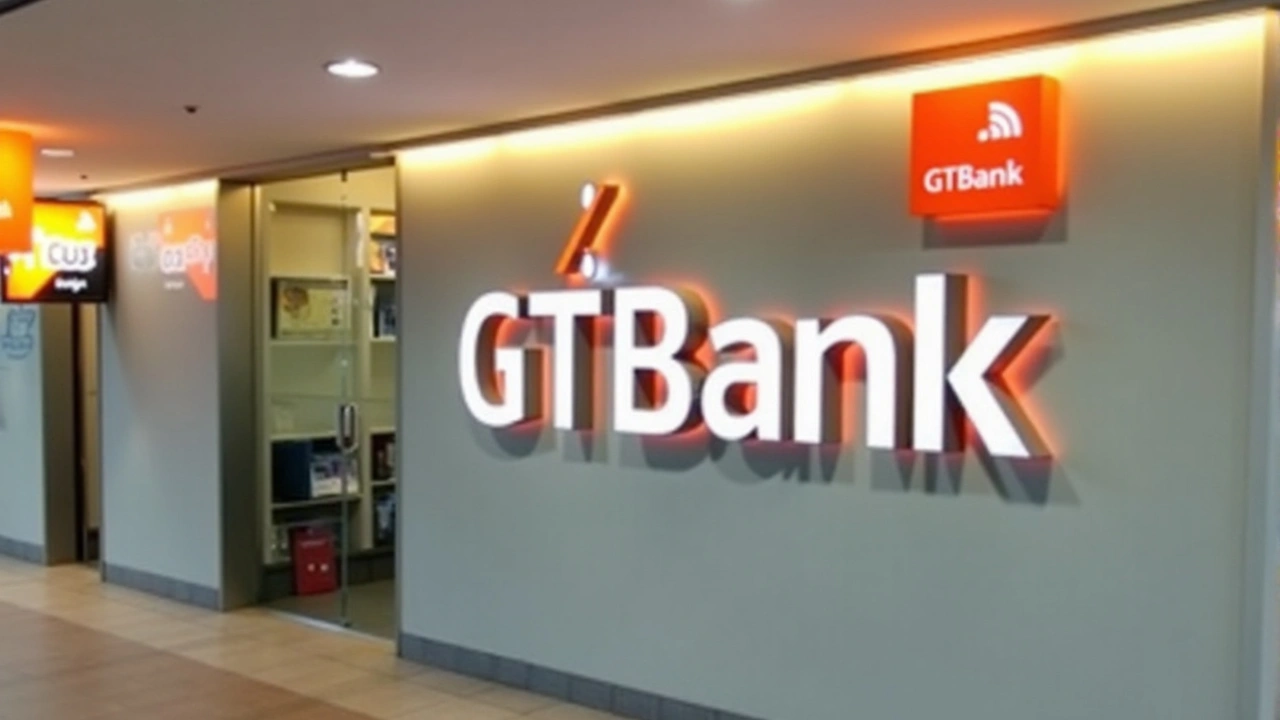Stay Safe with Internet Banking Security Tips
Banking online is super convenient, but it also means you need to be smart about security. Every day, hackers try to outsmart banks and customers to steal money or personal info. The good news? You can beat them at their own game by following a few practical steps.
First off, always create strong passwords. Think of a phrase you can remember and mix in numbers and symbols. Avoid easy guesses like birthdays or "password123" — these are hacker favorites. Also, never use the same password for your bank and other sites.
Use Extra Layers of Protection
Most banks offer two-factor authentication (2FA). This means after typing your password, you need a code from your phone or email to log in. It might feel like a pain, but it stops 99% of hackers who just have your password. If your bank asks about setting this up, say yes!
Be careful with public Wi-Fi. If you’re checking your balance at a café, use a VPN or wait until you're on a private network. Public Wi-Fi can let cyber thieves spy on your info easily.
Watch Out for Scams and Phishing
Scammers try to trick you into giving away your login details by sending fake emails or text messages pretending to be your bank. They might say your account is locked or you need to verify your info urgently. Don’t click any link in these messages. Instead, call your bank directly or use their official app to check.
Lastly, keep your computer and phone updated. Regular updates patch security holes that hackers look for. Using antivirus software also adds another safety net.
Online banking is here to stay, so being cautious pays off. These simple habits can save you from headaches, stolen cash, and identity theft. A little effort goes a long way to making your internet banking safe and stress-free.
GTBank Reassures Customers: Online Transactions Remain Secure Amid Hacking Concerns
GTBank assures its customers that their online transactions remain operational and secure despite recent hacking concerns. The bank highlights its robust security measures to protect customer data and urges clients to report any suspicious activities.

